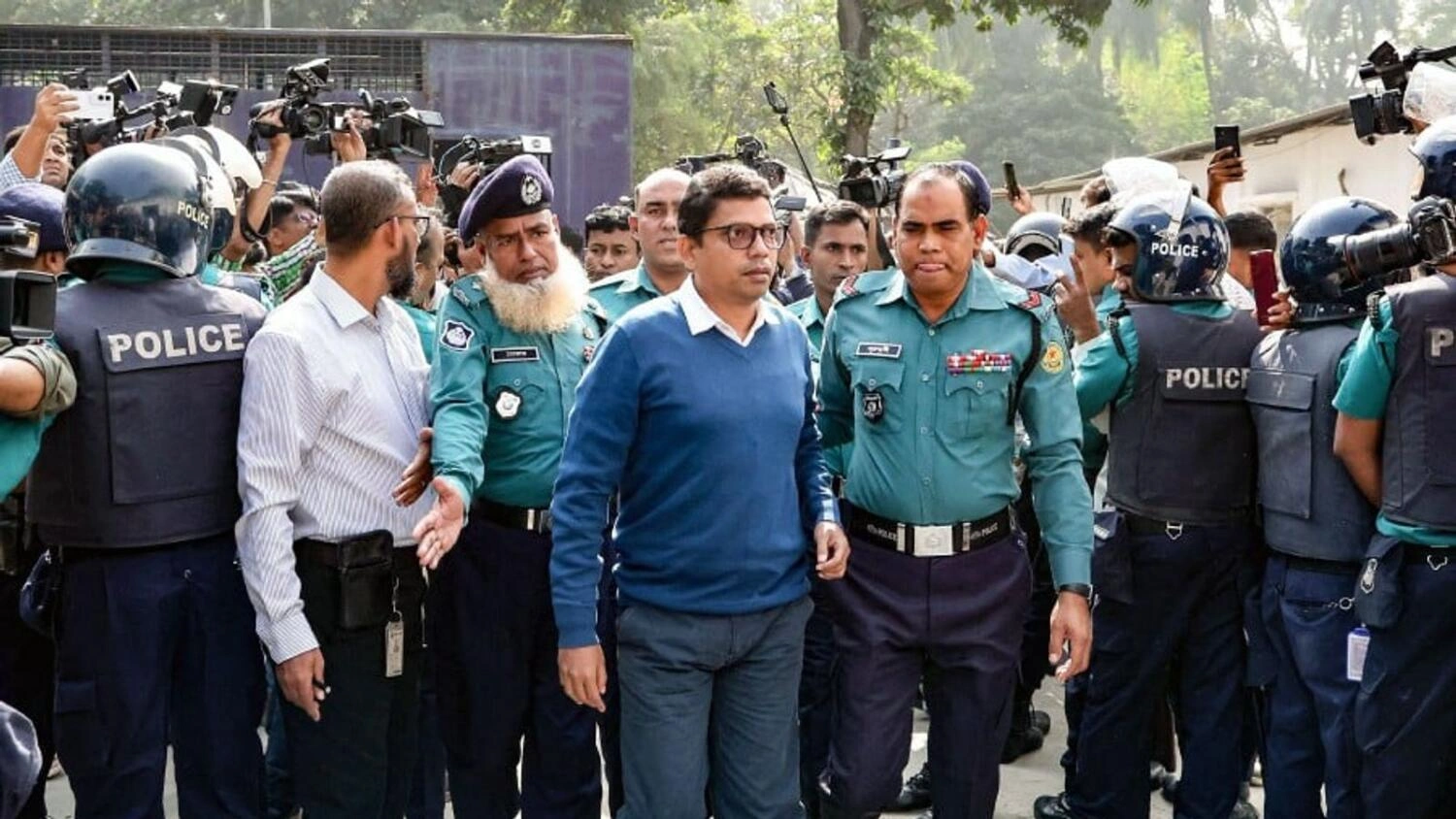Thirteen former top government officials from Bangladesh appeared in court on Monday, accused of “enabling massacres” after the revolution in August. Among the accused are 11 former ministers, a judge, and an ex-government secretary. Prosecutors have also renewed their demand for the extradition of ex-leader Sheikh Hasina, who fled to India.
Since the collapse of Hasina’s regime, dozens of her allies have been arrested. They are accused of involvement in a police crackdown during protests that led to her ouster. The crackdown resulted in over 700 deaths, marking one of the deadliest chapters of her 15-year tenure.
Charges Against the Accused
Prosecutor Mohammad Tajul Islam stated that the defendants were responsible for planning and inciting violence, ordering law enforcement to shoot on sight, and obstructing attempts to prevent genocide. “These acts contributed to massacres and widespread human rights violations,” he said.
The court has given prosecutors until December 17 to present additional evidence, with investigations looking into crimes committed over the past 16 years. The charges currently focus on the crackdown during the student-led protests that ended Hasina’s rule.
Sheikh Hasina, accused of “massacres, killings, and crimes against humanity,” was due to appear in Dhaka’s court but remains a fugitive in India. Bangladesh has sought Interpol’s help to secure her arrest and extradition, but India’s laws may not mandate her handover despite the red notice issued by the global police body.
Trial Developments
The accused officials, brought to court under tight security, listened as the charges were read. Former industry minister Kamal Ahmed Majumdar attempted to speak but was denied. The group includes notable figures such as ex-law minister Anisul Huq, former judge Shamsuddin Chowdhury Manik, and former energy adviser Tawfiq-e-Elahi Chowdhury. Among the 13, Dipu Moni, a former social affairs minister, is the only woman.
Interim leader Muhammad Yunus emphasized Bangladesh’s efforts to bring Hasina to justice. Prosecutor Islam reiterated that Hasina must face trial for her role in crimes against humanity, which included mass detentions and extrajudicial killings during her rule.
The trial highlights the ongoing quest for accountability and justice for victims of past abuses under Hasina’s leadership. Stay updated on this developing story as new evidence and outcomes emerge.





